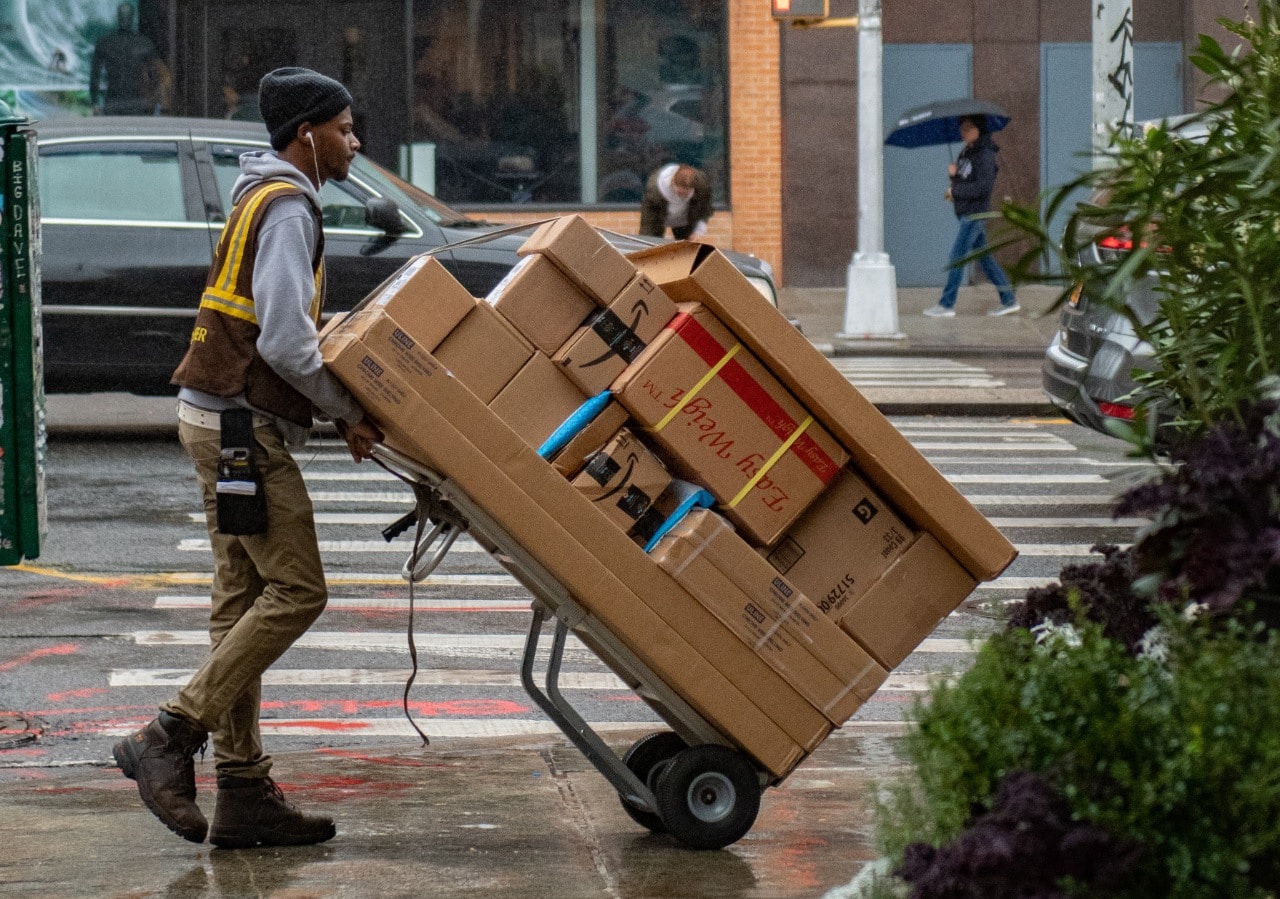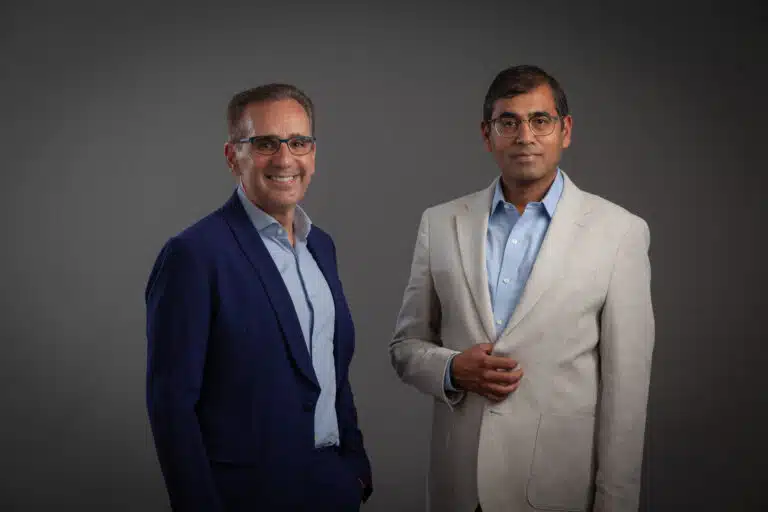Year after year, the biggest names in logistics make the top lists of best companies to work for, inclusive companies, and respected employers. And these shipping companies have an excellent track record with diversity, equity and inclusion (DEI), which only bolsters their employer brands.
But as Deloitte’s Mona A. Maurelli and Adam Mussomeli write, logistics companies are thinking more broadly than that about DEI. These companies are pursuing it as a key competitive advantage in a world that increasingly depends on robust supply chains.
“Our research shows that a significant majority of companies intend to shift from diversity as a program to inclusion as a business strategy,” Maurelli and Mussomeli write. “But nearly one-third of companies in the same global survey say they are unprepared to do so, while only 20 percent claim to be fully ready.”
Among the sector’s leaders — including UPS, FedEx, DHL, and XPO Logistics — a clear vision for DEI has emerged, and it’s driving business decisions right now.
Let’s take a look at each of those companies one-by-one to see what they are doing to push diversity and inclusion in logistics.
UPS
“We believe inclusion has the power to uplift businesses and communities,” says UPS Diversity & Inclusion Senior Executive Kathleen Marran, “and we’re proud to support our employees, customers, suppliers and non-profit partners in the effort to create a just and equitable world.”
Notice how the company’s definition of inclusion extends beyond its own workforce. In particular, UPS has been cultivating an inclusive group of suppliers for decades.
Vice President of Global Supplier Diversity Kris Oswold tells Harvard Business Review that the company spends $2.6 billion each year in doing business with its thousands of suppliers, and diversity is a major focus in that spending.
“The [supplier diversity] program has evolved in the ways it identifies and helps fledgling diverse suppliers,” Alexis Bateman, Ashley Barrington, and Katie Date write at HBR.
“For example, UPS partners with and supports multiple councils and third parties such as the Women’s Business Enterprise National Council, the National Minority Supplier Development Council, and the U.S. Hispanic Chamber of Commerce to run mentoring and training programs that support the growth and success of diverse suppliers. This work includes workshops, professional matchmaking at supplier diversity conferences, enhancing opportunities for capital investment, and management education.”
Meanwhile, the UPS Foundation is working in partnership with the Human Rights Campaign to advocate “for policies that prohibit discrimination against LGBT workers, provide employees with equal benefits and encourage appropriate marketing within every work environment.”
And for the company’s efforts, it received a perfect 100 percent score on the Disability Equality Index for 2020.

FedEx
In early 2020, The Commercial Appeal, the hometown newspaper for FedEx’s global headquarters in Memphis, published a couple of great stories that demonstrate the career opportunities available to employees at the logistics company.
First came the story of FedEx Custom Critical CEO Ramona Hood, who started her career with the company at 19 years old as a receptionist. On January 1, 2020, she became the first African American woman promoted to CEO of a FedEx company, Max Garland at The Commercial Appeal reports.
Hood now leads an Ohio-based team of about 800 people who specialize in transporting time-critical deliveries.
Similarly, FedEx Senior Vice President and Chief Diversity Officer Shannon Brown has been with the company for several decades (four, in fact). In February 2020, The Commercial Appeal also profiled Brown, who started as a package handler in 1978 before moving into HR.
“We’re all in this together, so it’s a team approach,” Brown told the paper. “When you utilize all the intelligence in the room, you can only come up with a better product or better service.”
These stories illustrate two important things about FedEx. First, the company truly creates opportunities for advancement. Entry-level team members can become executives at FedEx.
Second, Brown’s comments reflect how diversity and inclusion are woven into the fabric of the company’s culture. According to FedEx’s own numbers, more than 49 percent of employees are minorities, as is 35.5 percent of management.
And the company is very aware of the wider social context in which that workforce is embedded. In the spring of 2020, as Black Lives Matter protests spread across the world, FedEx Freight Corporation Senior Vice President of Human Resources Jeffery Greer helped lead a remote panel discussion on racial injustice.
“The panel served as a way for our team members and employee-led Business Resource Teams to share their feelings in a safe space,” Greer shared. “It was a cathartic experience and one I was proud to help lead.”
DHL
German logistics company DHL has a strong international presence and a strong international reputation of prioritizing DEI and being a great employer.
“Leadership at DHL is about more than just managing people,” DHL Express Executive Vice President of HR Global Regine Buettner says. “It means recognising the needs of the individual whilst also fostering teams and a sense of belonging.”
Her point about a sense of belonging is crucial for a company that has a footprint in so many countries, cultures, and communities. By emphasizing the need to respect the many various perspectives of the people it employs, DHL has helped make itself into a sought-after place of employment.
Case in point: Women’s Agenda named DHL one of the top places for women to work in Australia.
Further, Great Place to Work has named DHL the Best Workplace in Asia for the past two years. “With tens of thousands of employees across one of the most diverse regions in the world, it is imperative that we have a robust set of employee engagement and development initiatives to keep the entire DHL network operating as one,” says DHL Express Asia Pacific Senior Vice President of Human Resources Mateen Thiruselvaam.
DHL has also been active about helping international refugees. Since 2015, the company has extended employment opportunities to thousands of people who have had to flee their home countries. “More than a third of them are still employed with us today,” Deutsche Post DHL Group Labor Director Thomas Ogilvie, Ph.D. says. “They are a valuable part of our workforce and make a great contribution to our company.”

XPO Logistics
XPO Logistics has a dedicated DEI program called Belong that, like other companies on this list, embraces suppliers and business partners as well as employees in its definition of inclusion.
“Beyond our operations, our company is a strong proponent of supplier diversity,” the company says. “We make contracting opportunities available to businesses owned by women, minorities, veterans and members of the LGBTQ+ community. We also support businesses associated with people with disabilities, as well as supplier initiatives that reflect our values and that benefit underrepresented groups.”
In July 2020, the company promoted LaQuenta Jacobs to the role of Chief Diversity Officer. Jacobs has wasted no time in pushing the company’s practices forward.
“Our D&I efforts have gained a lot of momentum since the beginning of [2020], but there’s still much work to do,” Jacobs writes. “Our biggest foe is what’s known as ‘unconscious biases.’ We all have them, and they can seep into the actions we take and the decisions we make. Addressing these biases is a work in progress, but rest assured it’s on my radar every day.”
Among the successes Jacobs and her team can build on is the gender diversity on XPO Logistics’ board of directors. Three of the eight seats on that board are occupied by women, a fact that earned the company recognition from 2020 Women on Boards.
“The diversity of experience of our directors enhances our ability to serve the interests of all our stakeholders,” says Vice Chairman of the Board AnnaMaria DeSalva.
As heartening as the four stories above are, there is still work to do in the logistics sector. “Many companies still don’t have a clear road map to develop the tools and training necessary to build a highly inclusive workplace and realize the full benefits of inclusion,” Maurelli and Mussomeli at Deloitte point out.
The logistics companies that do develop DEI tools and training, though, will create competitive advantages for themselves while others struggle to catch up.
Images by: Frank McKenna, Wynand van Poortvliet, Marcin Jozwiak



